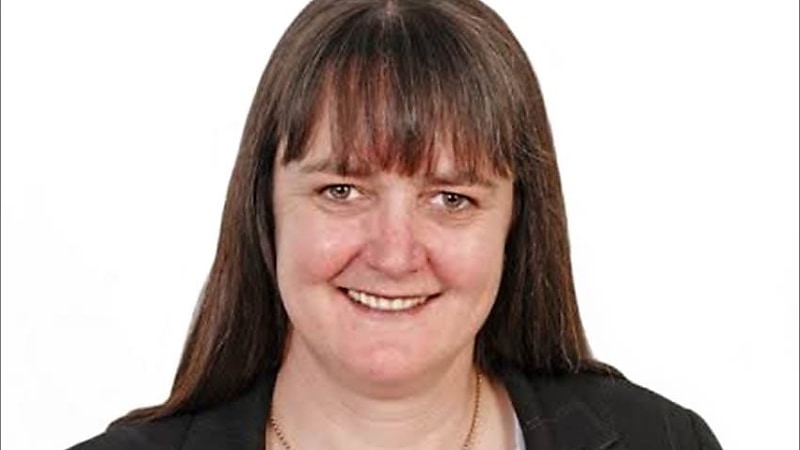Div 296 proposal offers opportunity for client conversations
The introduction of the Division 296 tax should be used as an opportunity to open conversations with clients around their cash flow, contribution strategies and estate planning, says an industry technical manager.
Julie Steed, senior services manager for MLC Technical, said in a recent webinar although the legislation has not yet passed, the “commentary” around the new tax is providing advisers with the opportunity to speak with their clients about future strategies.
“There will be a need to develop plans once we understand what the rules are going to be,” she said.
“Advisers should be discussing with their clients things such as cash flow management, both inside and outside of super, and splitting contributions for account equalisations.”
Steed said when there are law changes such as the proposed Division 296 tax, equal balances are invariably “better off” than when one member of a couple, who might be a higher income earner, ends up with larger amounts in the superannuation balances.
“Things you can think about include reducing additional contributions to super, additional salary sacrifice contributions, or non-concessional contributions,” she said.
“You may also weigh up whether your clients still want to put those into super, or whether they may now want an alternative investment vehicle.”
She continued another avenue of conversation regarding the proposed Div 296 tax concerns the condition of release and whether clients may wish to consider withdrawing money from superannuation and investing in an alternative savings option.
“One of the biggest things that I think will help practitioners along the way is when we're having these conversations is going back to the talking about adult beneficiaries, and receiving death benefits and the amount of PAYG tax that is payable there,” she said.
“If a client is looking at getting money out of super because of the Div 296 tax, perhaps advisers can open up the conversation around these issues along the lines of the fact their adult children will be receiving their super benefits, and if they may need assistance in avoiding a fire sale of assets.”
For example, she said advisers can help clients understand that rather than trying to sell off assets in May 2026, they can dispose of clunky assets over the next two years.
“Advisers need to keep those conversations going so their clients are not caught out by the tax. There is a fear that clients have only until 1 July 2025 to get their account balances down to avoid Div 296 tax, but that is not quite true,” she said.
“If they want to exit so they're not covered by Divi Division 296, they don't actually have to have a total super balance of less than $3 million until 29 June 2026.”
She added that for members who either don't have 100 per cent exempt current pension income, may have accounts in accumulation, or have an SMSF where they have to get an actuarial calculation for their exempt current pension income, there are alternatives to avoid the Div 296 tax.
“Possible alternatives may include family trusts companies or investment bonds,” she said.
“A lot of these clients are high net wealth and if they are taking money out of super, you may see pressure from their younger children to use some of that money for communal good.”








